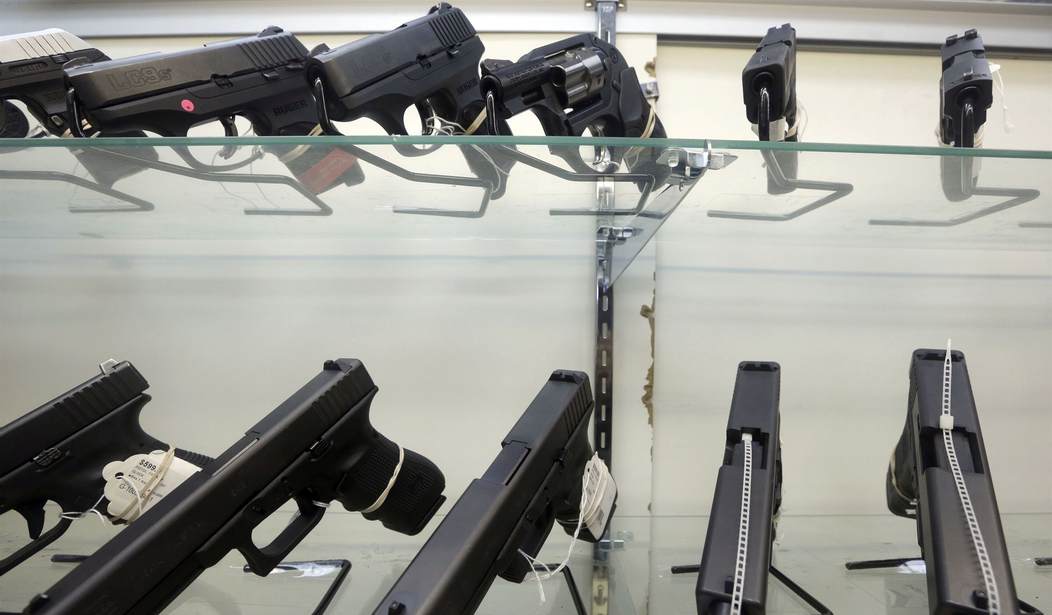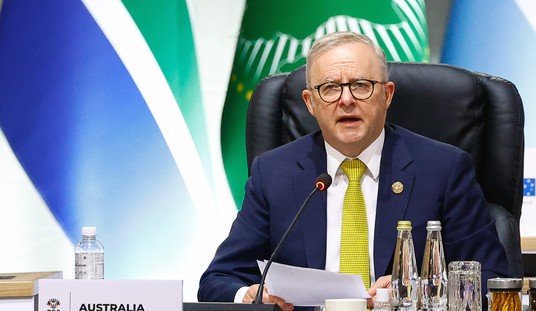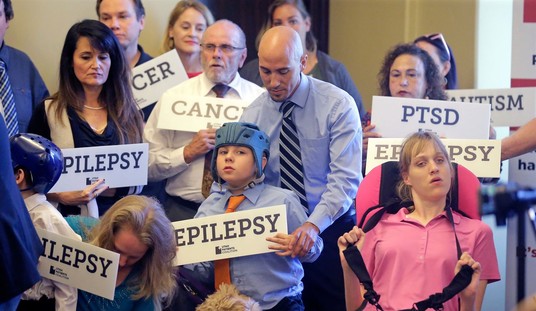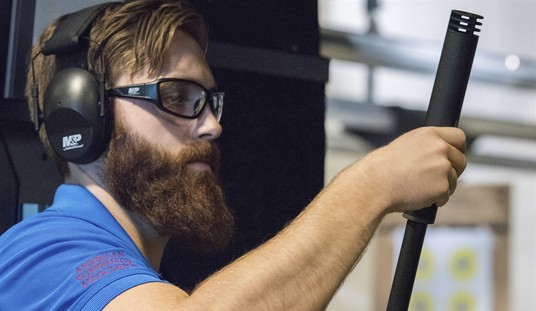On Tuesday, I took a look at a post from the SCOTUS Blog that argued about the impact of the Bruen decision.
As I noted then, there was a lot to talk about from the piece and I couldn’t do it all justice in just one post. Besides, there are aspects there that create an entirely new conversation, one I’m eager to have.
Author Randy Barnett is a Georgetown law professor and, oddly enough, someone with a concealed carry permit in the District of Columbia.
Yet he talked about just what he had to go through to get it and whether that would survive the “text and history” standard.
When it comes to the policy, I must offer a full disclosure: I am a concealed-carry permit holder in the District of Columbia. The ordinances governing concealed carry outside the home in D.C. make it a “may issue” regime resembling that of New York. But due to a circuit court opinion in 2017 holding the “may issue” scheme to be unconstitutional, D.C. became a “shall issue” regime. At the behest of gun-control activists, the attorney general of the District of Columbia opted not to petition the Supreme Court lest it concur with the circuit court’s holding, effectively requiring “shall issue” regimes nationwide. Yet, five years later, this is what has now come to pass in Bruen.
After 2017, I was entitled to a license to carry outside my home the handgun that I had a constitutional right to buy and own thanks to District of Columbia v. Heller — provided I met certain requirements. I had to pay an application fee of $75. I had to submit my application in person at the Metropolitan Police Department headquarters and be photographed and fingerprinted at an additional cost of $35. I had to pass a federal background check. I had to enroll in and pay for an approved firearms training course, which included 16 hours of classroom study of D.C. gun laws as well as the law governing the use of deadly force, plus another two hours of range instruction. In 2018, the course cost $250 plus $20 for the range fee. The monetary cost of the license amounted to $380. This was in addition to the $125 tax I paid to D.C. on the purchase of my handgun, which brought the total regulatory cost to $505. Since the course took 18 hours to complete, I took it on a Saturday and a Sunday so as not to lose two days of work.
There being no gun ranges in the District of Columbia, my course was taught in Virginia. The instructor was African American, and most of the other students in the course were members of underrepresented groups, which is unsurprising given the demographics of D.C. Since it is doubtful that any other Georgetown professor has a concealed-carry license, I suppose I too was a member of an underrepresented group.
Every two years, I must renew the license. If I miss renewing within the 30-day window before my permit expires, I have to start all over. So, two years later, I had to pay another $75 fee and complete a recertification class consisting of four hours of training, and two hours of range training from an MPD-certified firearms training instructor, which cost $160. I can afford all this, of course, though I cannot say the same for all other citizens of D.C.
…
For the record, having taken the D.C. concealed-carry course, I can attest that being informed of the vagaries of D.C. gun-possession laws, as well as the basic principles governing armed self-defense, was extremely valuable before one carries in public. This education is at least as valuable as the written “rules of the road” test one initially must pass to get one’s first driver’s license allowing one to operate an automobile on a public thoroughfare.
But this educational benefit could easily be gained in a 2-3 hour class. The rest of the classroom component can be viewed as make-weight and even punitive. Will the court entertain such considerations when evaluating a law like D.C.’s? How else will it smoke out pretextual regulations motivated by hostility to a particular constitutional right — or by hostility to the exercise of the right by members of particular groups? Both would qualify as “abusive ends.”
It’s certainly a valid question, to say the least, and part of the reason many of us oppose training requirements.
It’s not that we don’t think people should be educated about gun-possession laws or use-of-force laws, either. In fact, I tell every new gun owner I encounter to do precisely that. Further, they need to be educated in the safe handling of firearms as well as in the basic use of them.
But when the government starts mandating things like that, it takes the form of abuse.
An 18-hour course over two days isn’t necessarily an introductory course teaching just the basics of how to be a law-abiding concealed carry license holder. This is getting beyond that and is, instead, looking to make it onerous to even try to exercise one’s Second Amendment right.
That’s especially true when you consider that the District of Columbia has one of the worst poverty rates in the nation when compared to states.
As a result, the $505 Barnett mentions having to spend in order to exercise his Second Amendment rights–that’s $505 over and above the cost of a firearm–amounts to a poll tax that many poorer folks in D.C. simply cannot afford to pay.
Based on the “text and history” standard laid out in Bruen, I honestly don’t see how this particular regulatory scheme could ever survive a legal challenge. Especially since Justice Clarence Thomas warned states to be careful with what regulations they impose so they don’t reach this particular point.
It seems that someone probably should do just that.








Join the conversation as a VIP Member